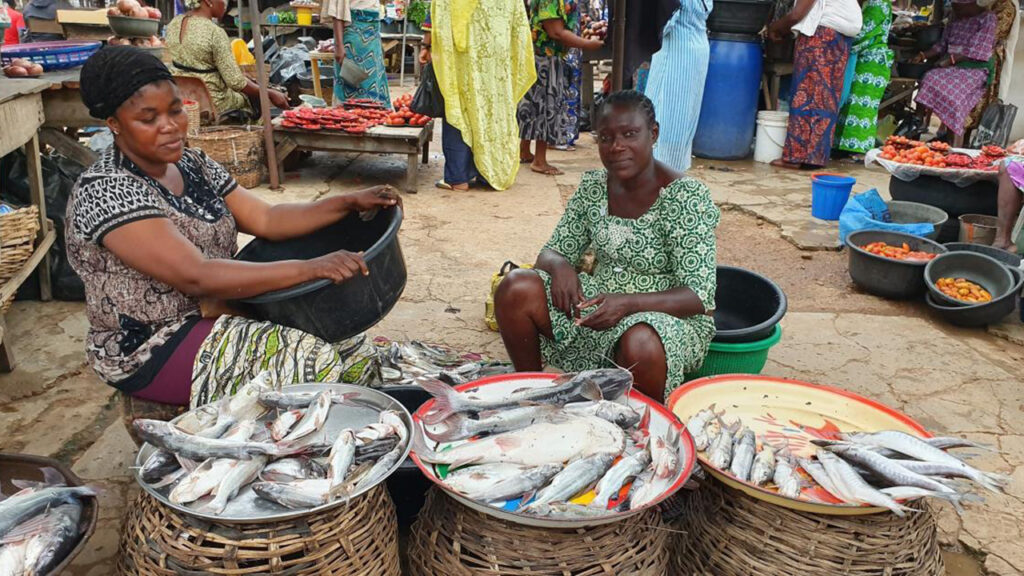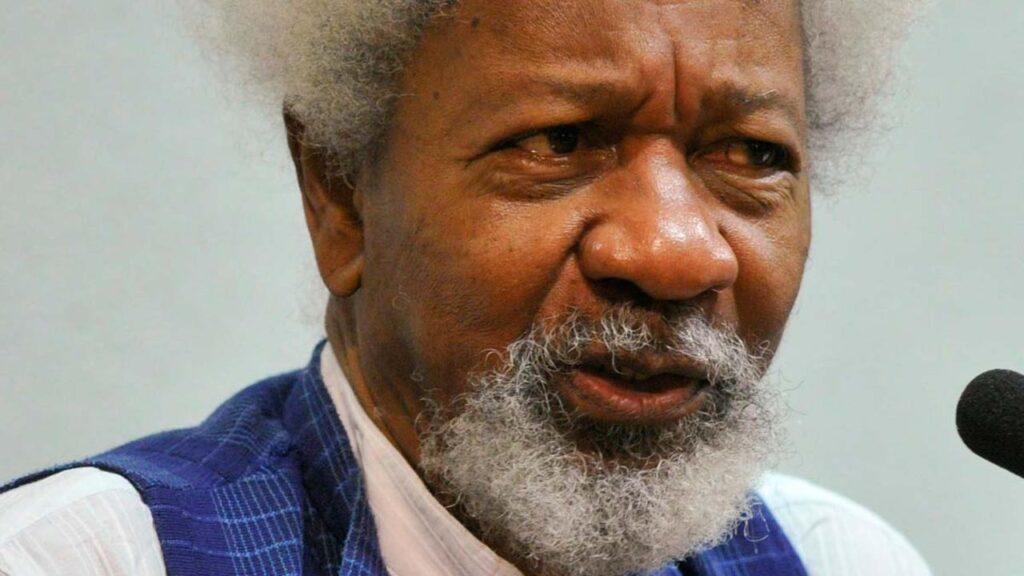
As Eight Million Businesses Shutdown In 2023 – ASBON National President
The last five weeks have been an agonising period for Small and Medium Enterprises (SMEs), especially artisans – welders, frozen food operators, barbers, among others – due to the disruption in power supply in some parts of the country. Scores of traders have incurred debts, while others who could barely feed themselves were forced to shut down and search for better alternatives.
Reports have it that in Ikorodu and other areas in the Lagos mainland, frozen fish sellers were forced to roast or sun-dry the remnants of their wares they could salvage to avoid total loss. Those who used power generating sets in the first few days of the epileptic supply of electricity jettisoned the idea when they discovered that they were running at a loss, due to the high cost of fuel.
A frozen food operator at the popular Ile-Epo Market, Oke-Odo, Lagos, Alhaja Abike Olurebi, told The Guardian that the experience of traders since December last year in the hands of the electricity distribution companies has been hellish.
She said: “We had expected to make good sales during the Yuletide, even if it’s going to be minimal profits due to the economic reality in the country, but the issue of epileptic power supply since then till now has pushed many of us into serious debts.
“Cartons of frozen chicken, fish and shrimps got spoilt after one week. While some of us managed to salvage what we could, some were not that lucky. It was a terrible experience. Even now, power supply is not yet stable. This is part of the reasons the price of fish and other frozen foodstuffs are increasing on a daily basis.”
A welder, Paul Noah, based in Apata, Ibadan, Oyo State, rued his missed opportunities during the festive period.
“I got profitable jobs in November last year but the power outage spoilt everything. Since I had already started the jobs with a stipulated deadline, I was forced to use a generator. At N1,200 per litre of diesel, my profits dropped marginally. It actually spoiled Christmas for me but I couldn’t cry.
“For now, I am managing my friend’s motorcycle for commercial purposes, at least to feed myself, pending when regular power supply will be achieved,” Noah agonized.
A barber, Mr. Samuel Ibitokun, said the development was a huge blow to those relying on power supply for survival. He regretted that despite their experiences, pain and losses, the electricity companies were still issuing estimated billing.
“We are still paying for the light we didn’t use and there’s nobody to call the electricity companies to order. It is a shame. Government will do their own, electricity suppliers too will do theirs,” he said.
The National President of the Association of Small Business Owners of Nigeria (ASBON), Mr. Femi Egbesola, who confirmed the development, said the untoward situation has extended to over three months, depending on the part of the country.
“It’s about three months now, depending on the area where people give me the report from nationally. It’s been about three months now when our electricity generation dropped, which also means that power supply will drop. The people that are suffering most are the business owners that depend solely on power because of the high cost of petrol and diesel. Almost everybody now depends on power to operate their businesses and when the power is not there it becomes a big issue and that’s what we are experiencing,” he said.
Egbesola, who lamented that a good number of people have closed their businesses, particularly those who depend solely on power, said entrepreneurs running businesses like cold room, welding and manufacturing companies that cannot use small generators have no other option than to use big generators.
“By the time they buy diesel, there will be no profit, so they will come back to electricity power and if there is no light, they cannot work. Some firms have sacked their workers while some have closed shop completely. Statistics show that about 10 per cent of businesses have closed shop in the last one year.
“That is about eight million businesses. Ten per cent of the existing businesses captured by data is about eight million and that’s huge. So, that’s the challenge at the moment. We are also talking about looking at alternative sources of power but the micro and small businesses cannot afford it – talking about alternatives like solar energy, inverters, gas like CMG and the rest.
“It’s only big businesses that can afford it and it results in inflation because the cost is eventually passed on to the consumers. So, the prices of the products are going up day-by-day and that is bringing inflation. Our inflation rate is now 28.92 per cent and that’s the highest in the history of the country and it is not going to stop; it will continue to go up because the dollar too is also going up,” Egbesola said.
He noted that the resultant effect of the development is that there will be more joblessness, more businesses that will fold up, more people will continue leaving the country and the confidence of investors will be eroded.
“Talking about the figure of losses incurred, we do not have a research based report and it would be out of place to be talking without evidence. But we don’t need a soothsayer to tell us that the losses incurred by traders are very enormous.
“I want to say that when the Federal Government wanted to remove fuel subsidy, they should have made a proper plan in ensuring that electricity is stable because ordinarily the government should know that everyone would more or less come back to electricity immediately subsidy was removed. Yes, the electricity law has been liberalised whereby anybody can generate electricity but how many people are ready to invest in that sector?” he queried.
Egbesola predicted that if an urgent solution is not provided, prices of commodities would continue to go up, adding: “People will begin to dump their businesses to look for either white collar jobs or blue collar jobs or resort to menial jobs like okada riding, manual farming and the rest. It means that it will increase joblessness because when those people stop their businesses, the one or three people that they employed will be back to the labour market and when you have more joblessness, you will have more crime because people must find ways to live.”
The ASBON President noted that if the government fails to enhance legitimate ways of earning income, Nigerians will look for alternative ways of doing so, which would most likely be illegal ways.
“So, it will create crime and the government will begin to now spend more on curbing crime instead of spending more on ease of doing business.
“And inflation will continue to shoot up and when inflation is high, people will not be ready to buy our products. Competition will be stiff for manufacturers here because it means that imported products, which already is always better than our own, will now be cheaper and people would not want to buy and when people don’t buy, the economy will not grow.
“When companies are dying, taxes cannot be paid by a dead company; our Gross Domestic Products will continue to remain static or dropping, our economy will not grow, investors will not see us as a destination point for businesses,” he said.













